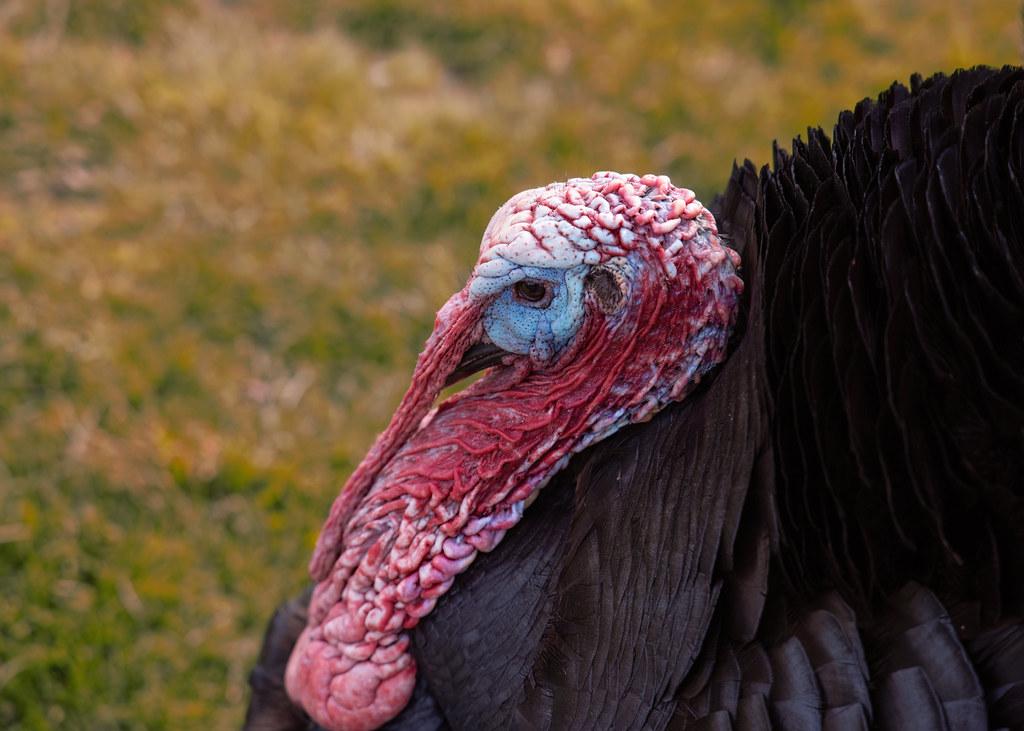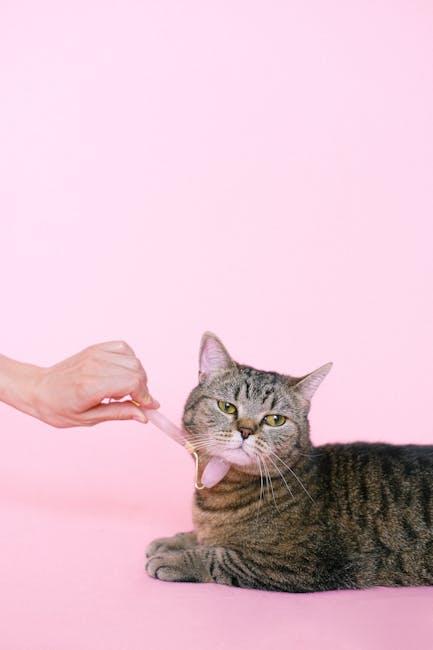In the gentle chaos of our daily lives, our pets remain steadfast companions, offering boundless love and unwavering loyalty. Their wagging tails and gentle purrs speak volumes, yet when it comes to their health, they often rely on us to decipher their silent signals. As devoted pet parents, understanding the subtle signs that indicate our furry friends need veterinary care is essential. This guide will illuminate those crucial cues, ensuring your beloved pet enjoys a life filled with vitality and joy. So, let’s embark on this journey together, unraveling the mysteries of our pets’ well-being with warmth and care.
Spotting Subtle Signals Your Pet is Sending
Pets often communicate their needs through subtle gestures and behaviors that can easily go unnoticed. It’s essential to pay close attention to these signals to ensure their well-being. Changes in appetite, for instance, can be a red flag. If your furry friend suddenly loses interest in their favorite meal or begins to overeat, it might be time to consult a vet.
Another sign to watch for is any alteration in their daily habits. Are they sleeping more than usual or becoming less active? These shifts can indicate underlying health issues. Additionally, unexplained weight changes, whether loss or gain, should prompt a visit to the veterinarian. Keep an eye out for unusual grooming habits—excessive licking or scratching could be a sign of discomfort or allergies.
- Watch for sudden behavioral changes
- Notice any unusual vocalizations
- Look out for signs of discomfort or pain
By staying observant and attuned to these subtle signals, you can ensure your beloved companion receives the care they need promptly.

Understanding Behavioral Changes and What They Mean
Our furry companions often communicate their well-being through subtle behavioral changes. Recognizing these signs can be crucial for their health. A sudden shift in your pet’s behavior might indicate underlying issues. For instance, if your normally playful dog becomes lethargic or your cat starts hiding more than usual, it could be a sign of discomfort or illness. It’s important to be vigilant about these changes, as they can be the first indicators that something isn’t quite right.
- Loss of Appetite: A decreased interest in food may signal digestive issues or dental pain.
- Increased Aggression: Sudden hostility could be due to pain or stress.
- Excessive Grooming: This can indicate skin problems or anxiety.
- Frequent Vocalization: More barking or meowing than usual may point to discomfort or distress.
By staying attuned to these behaviors, you can ensure your pet receives the care they need in a timely manner. Always consult with a veterinarian if you notice persistent changes, as early intervention can make a significant difference in their health and happiness.

Physical Symptoms You Should Never Ignore
Our furry companions communicate with us in myriad ways, but when it comes to their health, subtle signs can be easy to miss. Vigilance is key to ensuring your pet’s well-being. Here are some crucial symptoms that demand immediate attention:
- Lethargy or Unusual Fatigue: If your once-bouncy pet suddenly lacks energy, it could be more than just a lazy day.
- Changes in Appetite: A significant increase or decrease in food intake can be an indicator of underlying health issues.
- Persistent Vomiting or Diarrhea: Occasional upset stomachs happen, but ongoing issues need a vet’s insight.
- Unexplained Weight Loss: Shedding pounds without a change in diet or exercise could signal a problem.
- Excessive Thirst or Urination: These could be signs of diabetes or kidney issues.
Stay attuned to these signals, and always err on the side of caution by seeking professional advice. Your pet’s health is worth it!

When to Trust Your Instincts and Call the Vet
Trusting your instincts can be crucial when it comes to your pet’s health. As a pet parent, you know your furry friend better than anyone else. Sometimes, subtle changes in their behavior or appearance can be a signal that something is amiss. Here are some key signs that it might be time to reach out to your veterinarian:
- Changes in Eating or Drinking Habits: If your pet suddenly loses interest in their food or water, or starts consuming more than usual, it might indicate an underlying issue.
- Lethargy or Unusual Behavior: A sudden drop in energy or a shift in behavior could be a sign that your pet is not feeling well.
- Vomiting or Diarrhea: While occasional incidents can be normal, frequent or severe episodes warrant a vet visit.
- Breathing Difficulties: Any signs of labored breathing, wheezing, or coughing should be addressed promptly.
- Visible Discomfort or Pain: If your pet is limping, whining, or showing signs of distress, it’s time to consult a professional.
Listening to your gut and observing these signs can make all the difference in ensuring your pet stays happy and healthy. Always err on the side of caution and seek expert advice when in doubt.


































